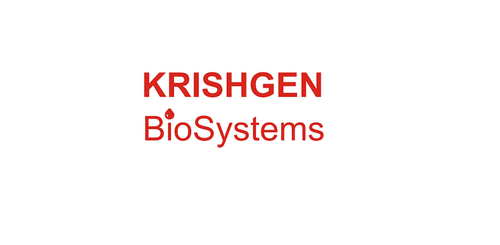Product Description
Human Tryptophan hydroxylase (TPH) ELISA Kit | AE13703HU | Abebio
Species Reactivity: Human (Homo sapiens)
Abbreviation: TPH1
Alternative Name: MGC119994; TPRH; TRPH; L-tryptophan hydroxylase|indoleacetic acid-5-hydroxylase|tryptophan hydroxylase (tryptophan 5-monooxygenase)
Application: ELISA
Range: 3.12-200 ng/mL
Sensitivity: 1.31 ng/mL
Intra-Assay: ≤3.5%
Inter-Assay: ≤6.3%
Recovery: 0, 95
Sample Type: Serum, Plasma, Other biological fluids
Detection Method: Sandwich
Analysis Method : Quantitive
Test Principale: This assay employs a two-site sandwich ELISA to quantitate TPH1 in samples. An antibody specific for TPH1 has been pre-coated onto a microplate. Standards and samples are pipetted into the wells and anyTPH1 present is bound by the immobilized antibody. After removing any unbound substances, a biotin-conjugated antibody specific for TPH1 is added to the wells. After washing, Streptavidin conjugated Horseradish Peroxidase (HRP) is added to the wells. Following a wash to remove any unbound avidin-enzyme reagent, a substrate solution is added to the wells and color develops in proportion to the amount of TPH1 bound in the initial step. The color development is stopped and the intensity of the color is measured.
Product Overview: TPH1 encodes a member of the aromatic amino acid hydroxylase family. The encoded protein catalyzes the first and rate limiting step in the biosynthesis of serotonin, an important hormone and neurotransmitter. Mutations in this gene have been associated with an elevated risk for a variety of diseases and disorders, including schizophrenia, somatic anxiety, anger-related traits, bipolar disorder, suicidal behavior, addictions, and others. Tryptophan hydroxylase is important for the brain. However, Tph1 is not detected in the brain. Nevertheless the effect of variations in the TPH1 gene on brain-related variables, such as personality traits and neuropsychiatric disorders, has been studied. One human mutant of TPH1, A218C found in intron 7, is highly associated with schizophrenia.
Stability: The stability of ELISA kit is determined by the loss rate of activity. The loss rate of this kit is less than 5% within the expiration date under appropriate storage condition. The loss rate was determined by accelerated thermal degradation test. Keep the kit at 37°C for 4 and 7 days, and compare O.D.values of the kit kept at 37°C with that of at recommended temperature. (referring from China Biological Products Standard, which was calculated by the Arrhenius equation. For ELISA kit, 4 days storage at 37°C can be considered as 6 months at 2 - 8°C, which means 7 days at 37°C equaling 12 months at 2 - 8°C) .
 Euro
Euro
 USD
USD
 British Pound
British Pound
 NULL
NULL












